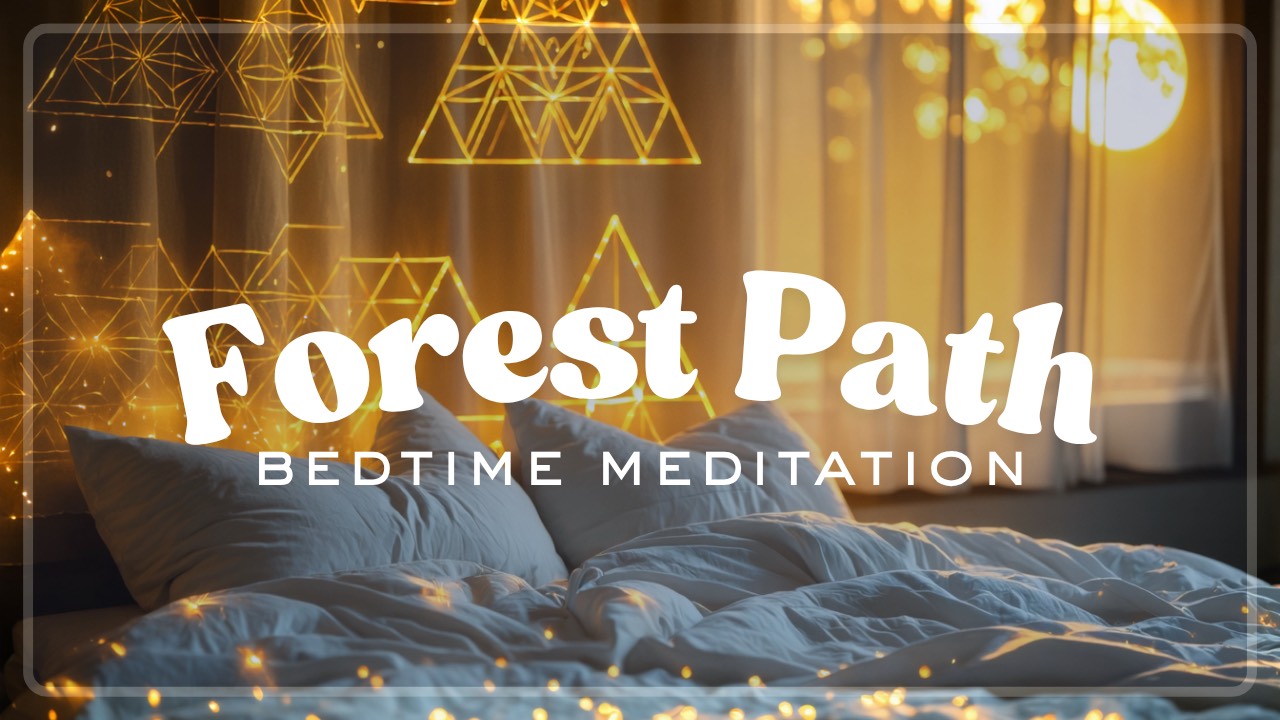Why Six Slow Breaths a Minute Flips Your Body into Rest-Mode

Imagine breathing at a slow, gentle rhythm—about six breaths a minute—that immediately signals your body and mind to shift from stress to deep relaxation. Known scientifically as resonance-frequency breathing (approximately 0.1 Hz), this simple practice holds powerful benefits for your sleep, health, and overall well-being.
Activating the Vagus Nerve
When you slow your breathing to this optimal pace, it directly stimulates your vagus nerve, a critical pathway in your parasympathetic nervous system—the system responsible for rest and rejuvenation. Activation of your vagus nerve results in:
- Reduced heart rate and blood pressure
- Lowered stress hormone (cortisol) levels
- Enhanced sense of calm and relaxation
In essence, your body effortlessly moves out of stress-induced "fight-or-flight" mode and into restful, healing states.
(Russo et al., 2017; Laborde et al., 2017)
Naturally Boosting Melatonin
Practicing resonance-frequency breathing regularly has been shown to enhance your body’s natural production of melatonin, the primary hormone regulating sleep cycles. Increased melatonin helps your brain recognize that it's time to wind down, promoting easier sleep onset and deeper, uninterrupted sleep.
This approach provides a natural alternative to melatonin supplements, aligning with your body's inherent circadian rhythm and energetic balance.
(Kaushik et al., 2006)
Supporting Deeper Delta-Wave Sleep
Slow, rhythmic breathing doesn’t just help you fall asleep faster—it significantly deepens the quality of your sleep. Specifically, it primes your brain for delta-wave activity, the hallmark of deep, restorative sleep. Regular delta-wave sleep is essential for:
- Immune system function
- Physical regeneration
- Emotional balance and energetic alignment
By consistently practicing resonance-frequency breathing, you encourage your brain to swiftly transition into these crucial delta-wave sleep cycles.
(Jerath et al., 2019)
How to Start Tonight
You can easily incorporate resonance-frequency breathing into your nightly routine:
- Gently inhale for 4 seconds, then slowly exhale for 6 seconds.
- Maintain this relaxed rhythm, visualizing each breath flowing calmly into your body.
- Practice for at least 5 minutes to start experiencing immediate benefits.
Want guidance tonight? My Restful Nights Starter Pack includes a soothing 15-minute sleep meditation specifically designed around this breathing technique, paired with calming soundscapes to effortlessly guide you into deep sleep.
[Download the Restful Nights Starter Pack and experience restorative sleep tonight.]
References:
- Russo, M. A., Santarelli, D. M., & O'Rourke, D. (2017). The physiological effects of slow breathing in the healthy human. Breathe, 13(4), 298–309.
- Laborde, S., Mosley, E., & Thayer, J. F. (2017). Heart rate variability and cardiac vagal tone in psychophysiological research – recommendations for experiment planning, data analysis, and data reporting. Frontiers in Psychology, 8, 213.
- Kaushik, R. M., Kaushik, R., Mahajan, S. K., & Rajesh, V. (2006). Effects of mental relaxation and slow breathing in essential hypertension. Complementary Therapies in Medicine, 14(2), 120–126.
- Jerath, R., Beveridge, C., & Barnes, V. A. (2019). Self-regulation of breathing as a primary treatment for anxiety. Applied Psychophysiology and Biofeedback, 44(2), 107–115.
Stay in the loop without the noise.
Get one clear insight and one practical tool for better sleep and balanced energy each week.
No fluff, no overwhelm, and your address stays private.



